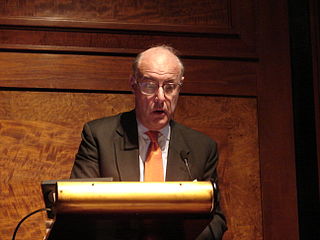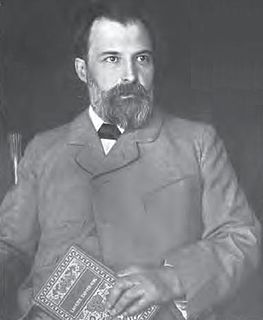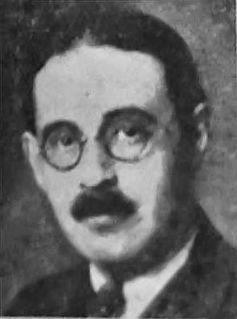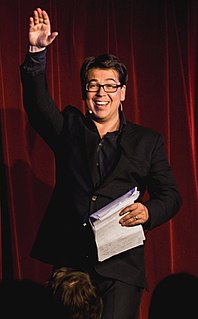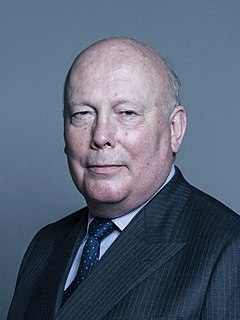A Quote by David Cannadine
For Henry James, class was 'the essentially hierarchial plan of English society' which was 'the great and ever-present fact to the mind of a stranger; there is hardly a detail of life that does not in some degree betray it'.
Related Quotes
While reading writers of great formulatory power — Henry James, Santayana, Proust — I find I can scarcely get through a page without having to stop to record some lapidary sentence. Reading Henry James, for example, I have muttered to myself, "C’mon, Henry, turn down the brilliance a notch, so I can get some reading done." I may be one of a very small number of people who have developed writer’s cramp while reading.
And so it is true in this sense that there is essentially but one religion, the religion of the living God. For to live in the conscious realisation of the fact that God lives in us, is indeed the life of our life, and that in ourselves we have no independent life, and hence no power, is the one great fact of all true religion, even as it is the one great fact of human life. Religion, therefore, at its purest, and life at its truest, are essentially and necessarily one and the same.
The great goal of the backlash is to nurture a cultural class war, and the first step in doing so, as we have seen, is to deny the economic basis of social class. After all, you can hardly deride liberals as society's "elite" or present the GOP as the party of the common man if you acknowledge the existence of the corporate world - the power that creates the nation's real elite, that dominates its real class system, and that wields the Republican Party as its personal political sidearm.
The peculiar interest of magic squares and all lusus numerorum in general lies in the fact that they possess the charm of mystery. They appear to betray some hidden intelligence which by a preconceived plan produces the impression of intentional design, a phenomenon which finds its close analogue in nature.
Great artistic talent in any direction... is hardly inherent to the man. It comes and goes; it is often possessed only for a short phase in his life; it hardly ever colors his character as a whole and has nothing to do with the moral and intellectual stuff of the mind and soul. Many great artists, perhaps most great artists, have been poor fellows indeed, whom to know was to despise.
What I call middle-class society is any society that becomes rigidified in predetermined forms, forbidding all evolution, all gains, all progress, all discovery. I call middle-class a closed society in which life has no taste, in which the air is tainted, in which ideas and men are corrupt. And I think that a man who takes a stand against this death is in a sense a revolutionary.
